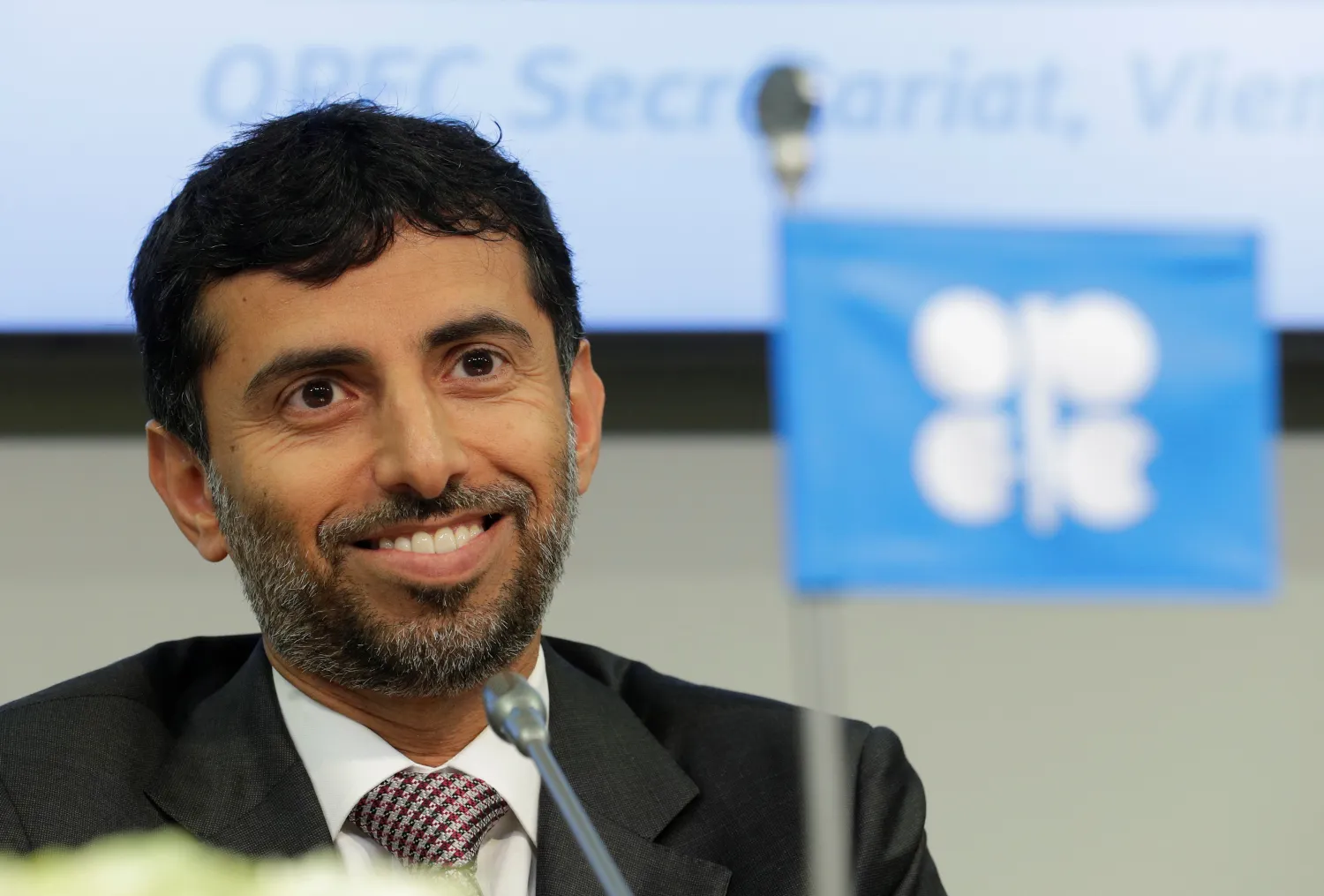UAE is one of the most committed countries to the reduction of oil production approved by Organization of the Petroleum Exporting Countries (OPEC), with the country producing up to 3.043 million barrels in March, according to Oil Minister Suhail al-Mazrouei.
The minister indicated that the UAE can raise production to 3.5 million barrels per day (pbd), only "if needed".
In the UAE last year, production reached 3.4 million bpd and it can take it to 3.5 million bpd if needed, but it is not going to be selling oil for others just to restore, asserted Mazrouei.
“We need eligible requirements for our oil and to make sure that oil is not used to build up inventories; there are some fundamentals that bind us in this respect.”
"The Joint Ministerial Monitoring Committee (JMMC) in Jeddah next month will look into the prevailing market conditions and decide to continue the output cut deal or not; but the objective will be the same, which is to keep the market balanced, and see what the consensus will be," the minister was quoted by WAM.
Mazrouei also said that compliance with the cuts by both Russia and Iraq has increased in March, adding that he expected the oil market to achieve balance by the end of 2019.
“Russia will not increase its output unless in coordination with the rest of OPEC and OPEC+ countries,” Mazroui said on the sidelines of the Bloomberg Invest Abu Dhabi Summit.
OPEC and other oil producers led by Russia agreed to reduce their combined output by 1.2 million bpd from Jan. 1 this year for six months in an attempt to balance the market.
The Minister announced that his country and Saudi Arabia were aligned by the vision to drive joint investment and optimization and noted there was a new line of thought process - 'thinking outside the box'. He said the UAE and Saudi Arabia would collaborate and work together in a third country.
The Bloomberg Invest Abu Dhabi Summit aims to confront issues ranging from the urgent drive to create greater economic diversification, the rapidly changing capital markets, to the continuing power of technology to disrupt the financial landscape.
Also at the summit, UAE Minister of State Ahmed al-Sayegh said that the oil and gas sector in Abu Dhabi is one of the most attractive sectors for foreign direct investment (FDI), noting that over the past two years, it has attracted more than $21 billion through land and sea concessions.
The UAE, the second-biggest economy in the Arabian Gulf, attracted $15 billion in 2018, accounting for more than 22 percent of the total FDI inflows into the Mena region, driven by investments in the country’s oil and gas sector, according to Sayegh who is also chairman of Abu Dhabi Global Market.
Sayegh noted that 2019 is a promising year for Abu Dhabi after the government launched the Development Accelerators Programme "Tomorrow 21", which has now begun to make remarkable achievements to strengthen the status of Abu Dhabi.
In the next three years, $13.6 billion will be invested through four major themes within “Tomorrow 21” namely: business and investment, community, knowledge and innovation, and lifestyle. “Tomorrow 21” has been designed as a dynamic initiative that will allow the expansion of new priorities within the four axes.
Over 100 initiatives have been developed, 80 percent of which will be launched this year, he announced.









